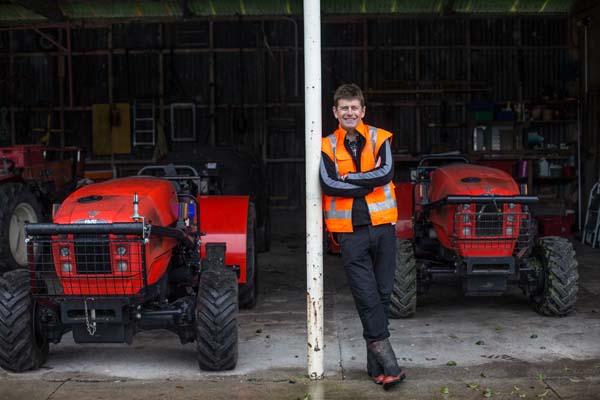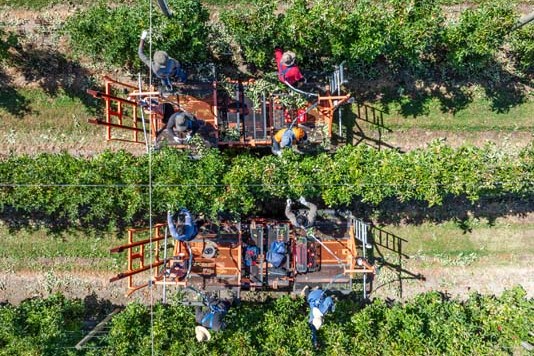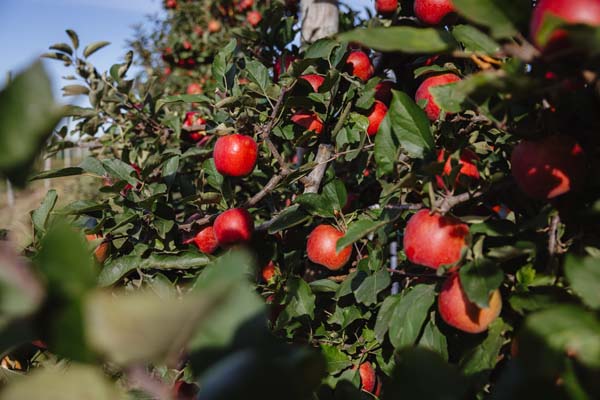Training and development of skills is important for staff support. By Carolyn Bates.
 You can’t do it alone – that is why you recruited your team. But remember there is still work to do to help them so they can help you.
You can’t do it alone – that is why you recruited your team. But remember there is still work to do to help them so they can help you.
No one is perfect. People join our teams with a range of skills and strengths but also there will be areas that need to be developed.
These development areas can be around their skills to do the job, or it may be in the area that some call ‘soft’ skills – this might be with their communication skills, their interpersonal skills, or maybe the way they deal with conflict, or maybe some other non-technical area.
It may sometimes feel like you are too busy to think about, let alone fix, these gaps.
Maybe you just hope things will fix themselves.
However, providing training and development for your team is an important way to support your staff so that they feel valued, and to help increase their job satisfaction. In return your team are more likely to give you their best.
They are also are more likely to choose to stay in your team.
When we grow our people they feel more motivated; they can then contribute more effectively to the work they do, and to the team. The first step is to discuss the training and development areas that you think are needed, with each team member.
It is important that you ask them what training and development they think they need too.
This conversation is about identifying gaps and agreeing the best ways to address them.
It might be part of a performance appraisal or review process (if you do them), or it can just be an informal conversation.
While it may be easier to focus on the farm-related skills needed to do the job, it is important to also discuss those skills and areas that will help them work effectively as part of the team and may put them into a better position to move up in their career.
Often, we can help our people by training, coaching or mentoring them ourselves onfarm.
However, we can find that we are too busy to do this, or we might be better with the technical job-related skills.
In those situations, we may need to use experts to help us with those other development areas.
- These might be identified by the manager or by the staff member.
- These farm skills might be related to livestock, machinery, vehicle or health and safety or other farm tasks.
- You can find help identifying the skills your people need now, or for their next job at dairynz.co.nz/people/managing-your-team/
Agree how best to gain the needed skills.
- This may be through on the job instruction training by yourself, coaching by another manager or by buddying them up with a more experienced staff member.
- When instructing staff make sure you consider what they need to know – and break it down into easy to understand steps.
- When instructing or training your staff do make sure there is an opportunity to explain what to do, how to do it and why it needs to be done. Also ensure you demonstrate as people need to see, as well as hear, how to do things. Lastly, always let them try under supervision before they practice on their own. That way incorrect or bad habits can quickly be identified and rectified.
- You might find the Training planner helpful – it is available on dairynz.co.nz/people/managing-your-team
Discuss to identify ‘soft skills’ developmental needs
- These might be identified by the manager or by the staff member.
- These might be more around how to communicate more effectively, how to work in a team, how to work with people from different backgrounds.
- You can identify possible developmental needs by reviewing job descriptions and people specifications, and also by considering the reason people are not behaving as you would expect.
- Some sample job descriptions and people specifications can be found at dairynz.co.nz/ media/1915342/people-pub-hr-toolkit.pdf
Agree how best to develop the areas
- This may be via coaching from the manager, by an experienced colleague or possibly by participating in a training course or workshop off-farm.
- There are a range of training courses to consider. Keep an eye open for workshops or courses that could help.
Regular conversations about the skills and development needs with staff will show them that you value them, build stronger working relationships, and help you in running an effective and efficient farm.
- Where can I find more info? dairynz.co.nz/people/managing-your-team
Carolyn is the principal consultant/owner at LDT Consulting – an organisation committed to helping managers and organisations with their Learning, Development and Training to ensure everyone is valued and everyone can contribute: www.ldtconsulting.co.nz





